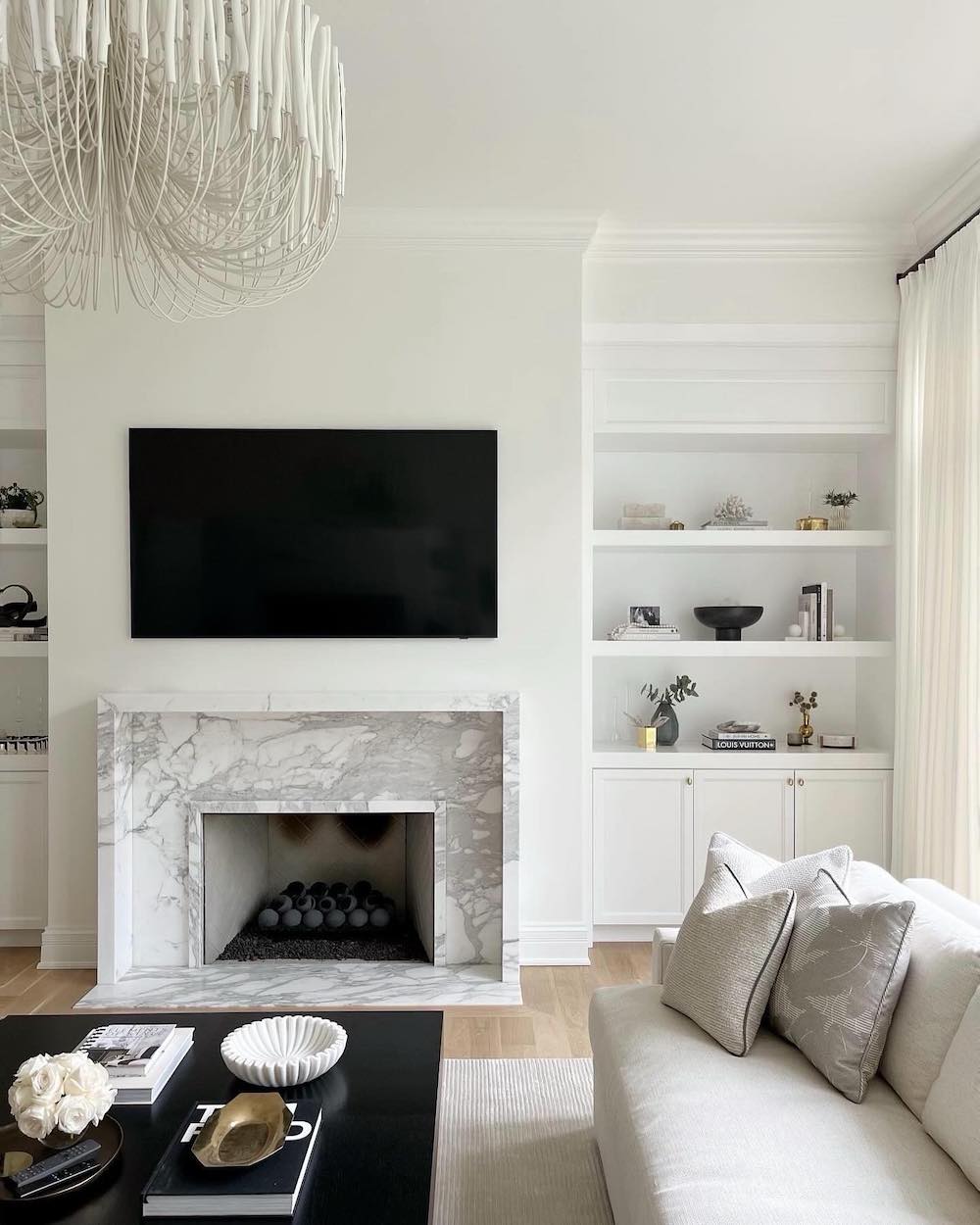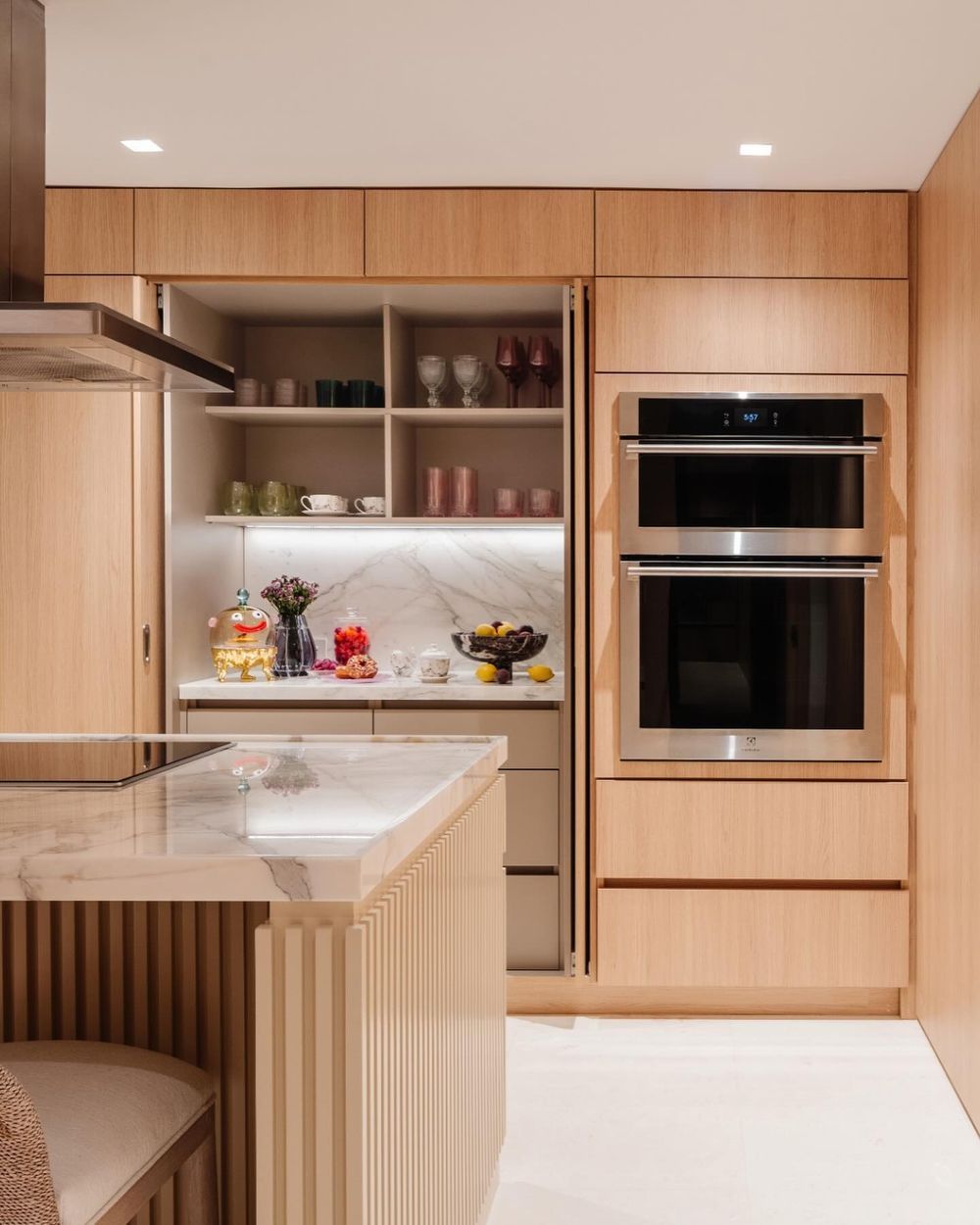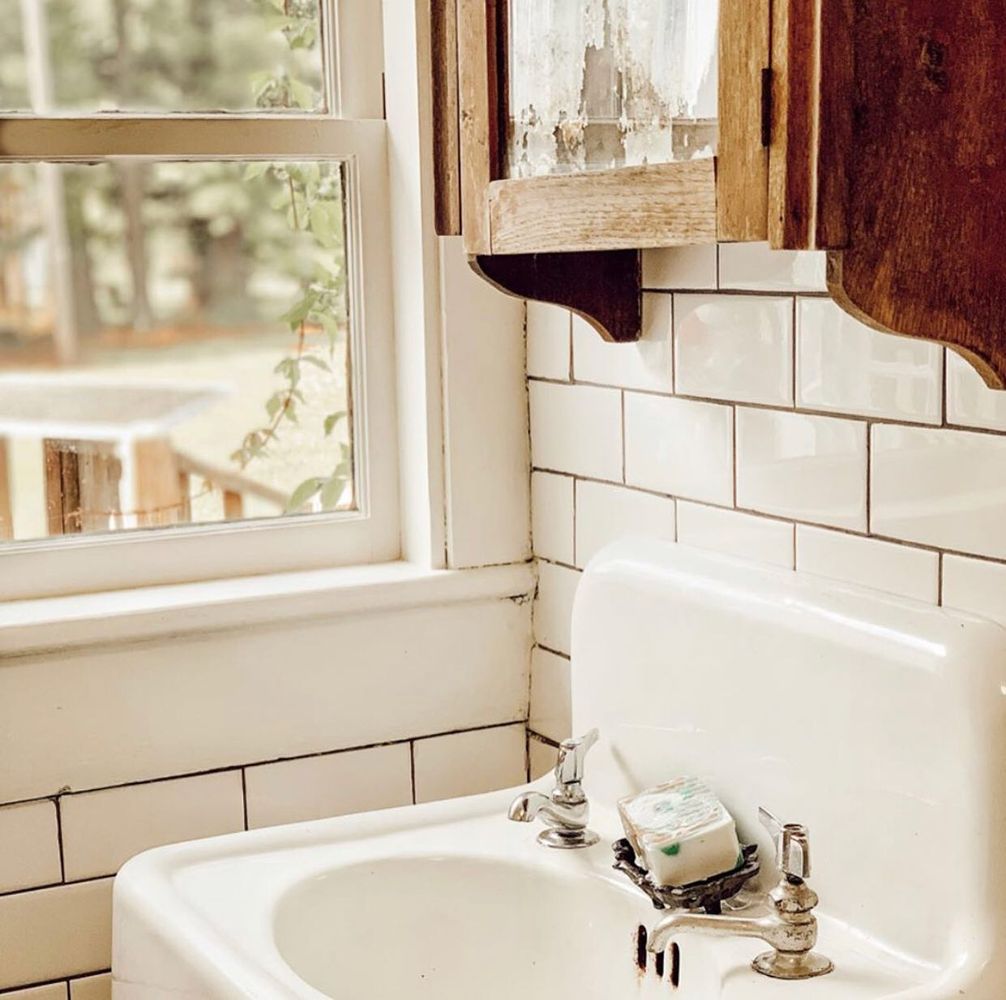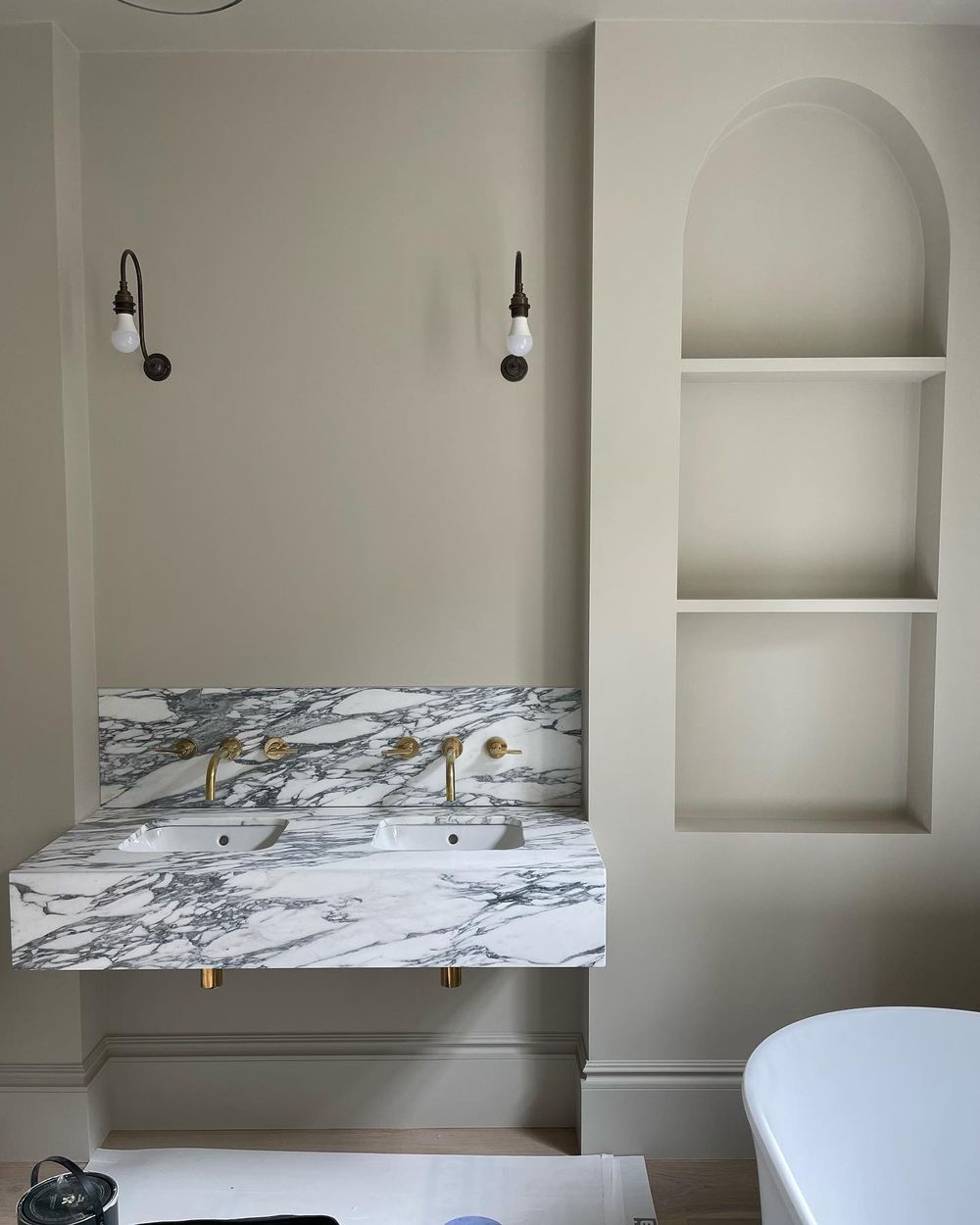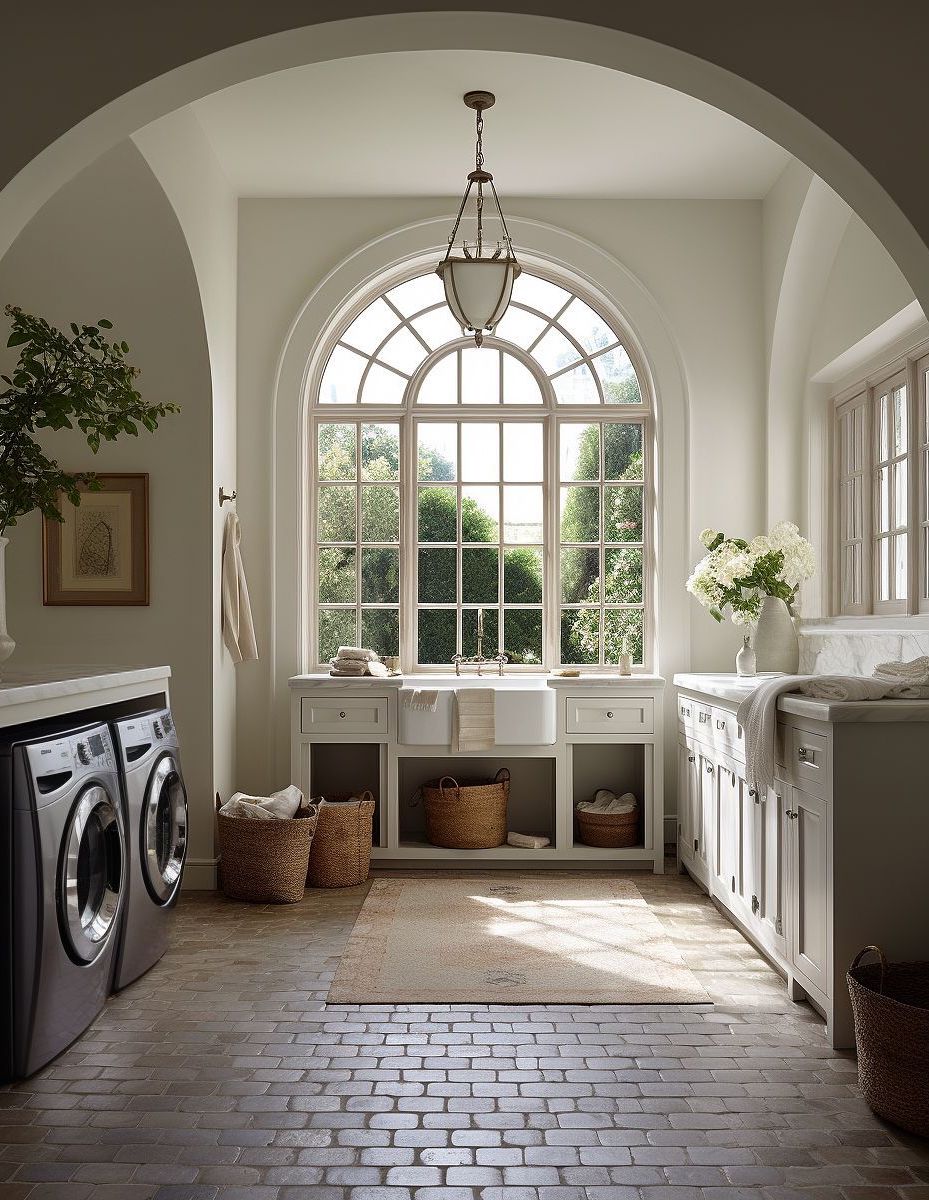The order in which you renovate a house can vary depending on the specific project and individual circumstances. However, here is a general order that can be followed for a comprehensive house renovation:
Structural Repairs
Start by addressing any structural issues or repairs. This includes fixing the foundation, addressing any major water damage or leaks, repairing the roof, and reinforcing or replacing load-bearing walls if necessary. It’s important to ensure the integrity and stability of the structure before moving on to cosmetic renovations.
Electrical and Plumbing Systems
Next, focus on updating or upgrading the electrical and plumbing systems. This involves rewiring, installing new electrical panels, updating outlets and switches, and ensuring proper lighting throughout the house. Similarly, address any plumbing issues, replace old pipes, install new fixtures, and ensure proper drainage.
HVAC System
If your home has an HVAC (heating, ventilation, and air conditioning) system, it’s ideal to address it at this stage. Upgrade or replace the system to ensure efficient heating and cooling throughout the house. Proper insulation and ventilation are also important considerations for energy efficiency.
Windows and Doors
Replace or upgrade windows and doors to improve energy efficiency, security, and aesthetics. This includes installing new window frames, double-glazed or energy-efficient windows, and solid, well-insulated doors. Proper sealing and weatherstripping are essential to prevent air leakage.
Insulation and Energy Efficiency
Prioritize insulation to enhance energy efficiency and comfort in the home. This includes insulating walls, attics, and basements, as well as adding insulation to pipes and ducts. Consider installing energy-efficient appliances, LED lighting, and smart thermostats to further optimize energy usage.
Interior Renovations
Once the essential systems are in order, you can move on to interior renovations. Start with any necessary demolition and removal of old finishes and fixtures. Then proceed with renovating the kitchen, bathrooms, and bedrooms, followed by living areas, dining rooms, and other spaces. This includes installing new flooring, painting or wallpapering walls, updating cabinets and countertops, and adding new fixtures and appliances.
Flooring and Finishes
Install new flooring throughout the house, whether it’s hardwood, carpet, tile, or laminate. Consider the flow and functionality of each space and choose appropriate flooring materials accordingly. After that, focus on finishing touches, such as installing trim, crown molding, baseboards, and applying paint or wallpaper to create a cohesive and polished look.
Exterior Improvements
Finally, tackle any necessary exterior improvements. This may involve landscaping, hardscaping, painting or siding repairs, updating the entryway, and enhancing curb appeal. Ensure the exterior matches the overall style and aesthetics of the renovated interior.
